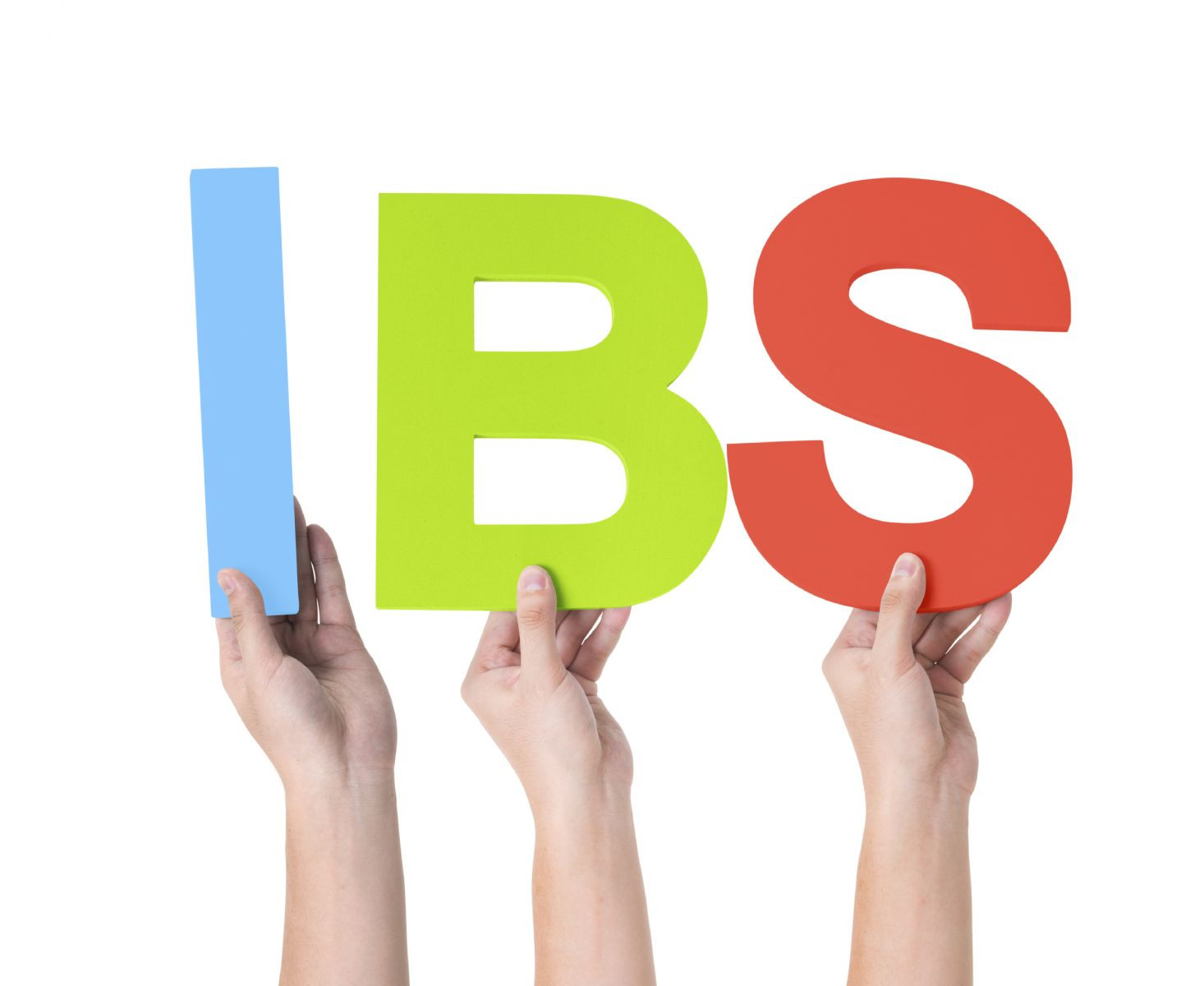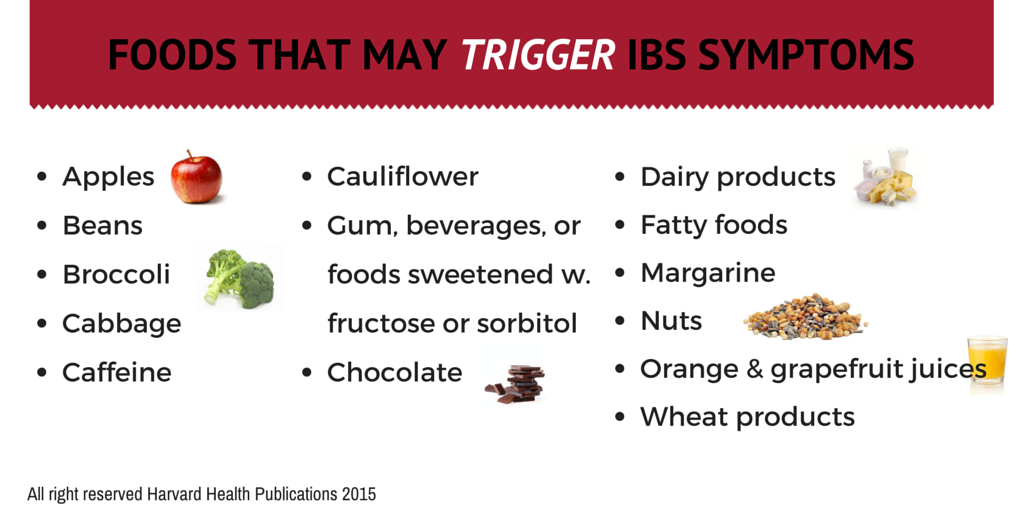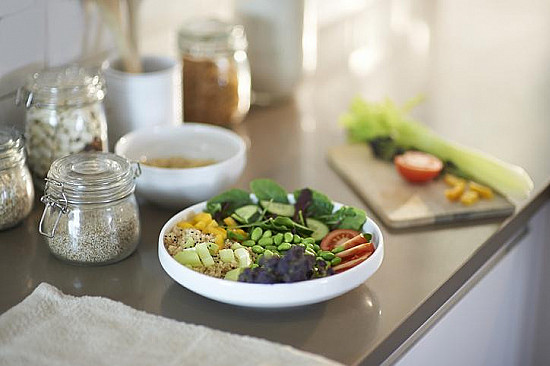
Daily cup of coffee may prevent afib recurrence

Gene-editing therapy lowers harmful blood fats in early study

What is EMDR therapy, and who can it help?

GLP-1 drugs versus bariatric surgery for treating obesity

Trying to lose weight? Be careful not to lose muscle

Two dumbbells, three exercises, and 10 minutes

Easing the emotional burden of IBS

Modify your push-ups to meet your fitness level

What is long QT syndrome?

Stroke survivors may benefit from very low LDL levels
Try a FODMAPs diet to manage irritable bowel syndrome

Irritable bowel syndrome (IBS) is a common gastrointestinal disorder that affects 1 out of 10 people in the United States each year. With symptoms like cramping, diarrhea, gas and bloating, it's no surprise that living with IBS can have a significant effect on a person's quality of life.
Diet is one way people manage IBS symptoms. A common treatment approach is to avoid the foods that trigger symptoms. Another diet for IBS, developed in Australia, is having a lot of success in managing IBS symptoms. It's called the low FODMAP diet.
What is the low FODMAP diet?
FODMAP stands for "Fermentable Oligosaccharides, Disaccharides, Monosaccharides And Polyols. These fermentable short-chain carbohydrates are prevalent in the diet.
- Oligosaccharides: fructans and galacto-oligosaccharides (GOS)
- Disaccharides: lactose
- Monosaccharides: fructose
- Polyols: sorbitol and mannitol
Researchers discovered that the small intestine does not absorb FODMAPs very well. They increase the amount of fluid in the bowel. They also create more gas. That's because bacteria in the colon they are easily fermented by colonic bacteria. The increased fluid and gas in the bowel leads to bloating and changes in the speed with which food is digested. This results in gas, pain and diarrhea. Eating less of these types of carbohydrates should decrease these symptoms.
So far, studies have shown that a low FODMAP diet improves IBS symptoms. One study even found that 76% of IBS patients following the diet reported improvement with their symptoms.
Eat less of these foods
-
Lactose
- Cow's milk, yogurt, pudding, custard, ice cream, cottage cheese, ricotta cheese and mascarpone
-
Fructose
- Fruits, such as apples, pears, peaches, cherries, mangoes, pears and watermelon
- Sweeteners, such as honey and agave nectar
- Products with high fructose corn syrup
-
Fructans
- Vegetables, such as artichokes, asparagus, Brussels sprouts, broccoli, beetroot, garlic and onions
- Grains such as wheat and rye
- Added fiber, such as inulin
-
GOS
- Chickpeas, lentils, kidney beans and soy products
- Vegetables, such as broccoli
-
Polyols
- Fruits, such as apples, apricots, blackberries, cherries, nectarines, pears, peaches, plums and watermelon
- Vegetables, such as cauliflower, mushrooms and snow peas
- Sweeteners, such as sorbitol, mannitol, xylitol, maltitol and isomalt found in sugar-free gum and mints, and cough medicines and drops
Eat more of these foods
- Dairy: Lactose-free milk, rice milk, almond milk, coconut milk, lactose-free yogurt; hard cheeses such as feta and brie
- Fruit: Bananas, blueberries, cantaloupe, grapefruit, honeydew, kiwi, lemon, lime, oranges and strawberries
- Vegetables: Bamboo shoots, bean sprouts, bok choy, carrots, chives, cucumbers, eggplant, ginger, lettuce, olives, parsnips, potatoes, spring onions and turnips
- Protein: Beef, pork, chicken, fish, eggs and tofu
- Nuts/seeds (limit to 10-15 each): Almonds, macadamia, peanuts, pine nuts and walnuts
- Grain: Oat, oat bran, rice bran, gluten-free pasta, such as rice, corn, quinoa, white rice, corn flour and quinoa
The idea behind the low FODMAPs diet is to only limit the problematic foods in a category — not all of them. (After all, they do have health benefits.) You may tolerate some foods better than others.
Meet with a registered dietician if you are considering this diet. It's important to make sure your eating plan is safe and healthy. He or she will have you eliminate FODMAPs from your diet. Then you gradually add the carbohydrates back in one at a time and monitor your symptoms. A food diary and symptom chart may be helpful tools.
The bottom line
The low FODMAP diet has shown potential in helping people with IBS. Some health professionals believe it's too restrictive. Proponents of the diet report that people stick with it because of how it improves their quality of life.

Image: Rawpixel/Getty Images
Disclaimer:
As a service to our readers, Harvard Health Publishing provides access to our library of archived content. Please note the date of last review or update on all articles.
No content on this site, regardless of date, should ever be used as a substitute for direct medical advice from your doctor or other qualified clinician.

Daily cup of coffee may prevent afib recurrence

Gene-editing therapy lowers harmful blood fats in early study

What is EMDR therapy, and who can it help?

GLP-1 drugs versus bariatric surgery for treating obesity

Trying to lose weight? Be careful not to lose muscle

Two dumbbells, three exercises, and 10 minutes

Easing the emotional burden of IBS

Modify your push-ups to meet your fitness level

What is long QT syndrome?

Stroke survivors may benefit from very low LDL levels
You might also be interested in…

Managing Irritable Bowel Syndrome: Managing this common digestive disorder
IBS is a gastrointestinal disorder in which your gut becomes more sensitive and the muscles of your digestive system have abnormal contractions that affect your bowel movements. IBS cannot be cured, but the good news is it can be managed to minimize the effect on your overall health and quality of life. This report explores how your digestive system works and what science knows about this mysterious disorder. We’ll cover the types of IBS, how it’s diagnosed, and best of all, what you can do to control IBS instead of having it control you.
Free Healthbeat Signup
Get the latest in health news delivered to your inbox!
Sign Up




